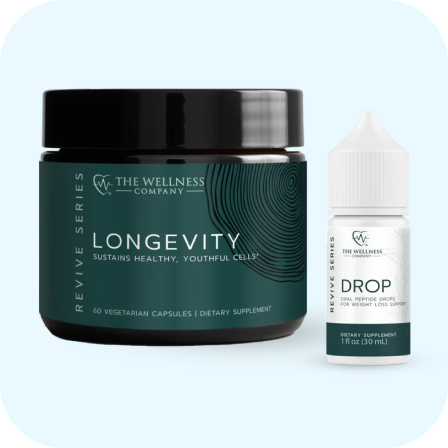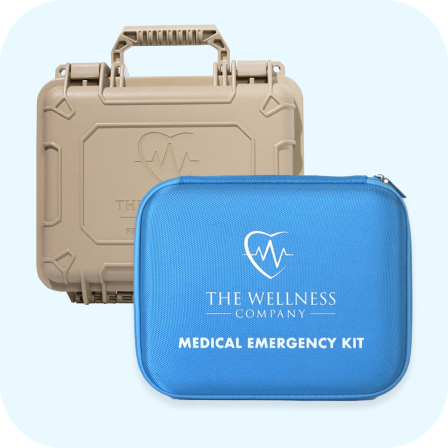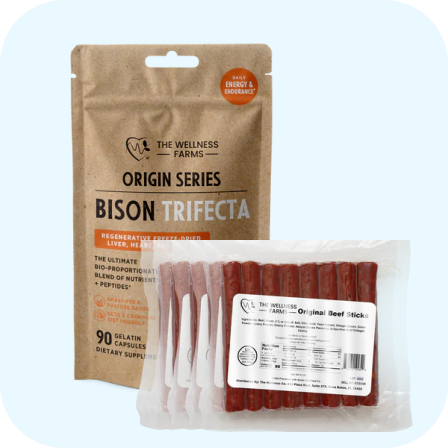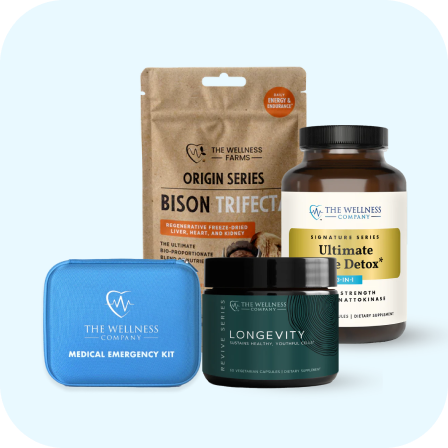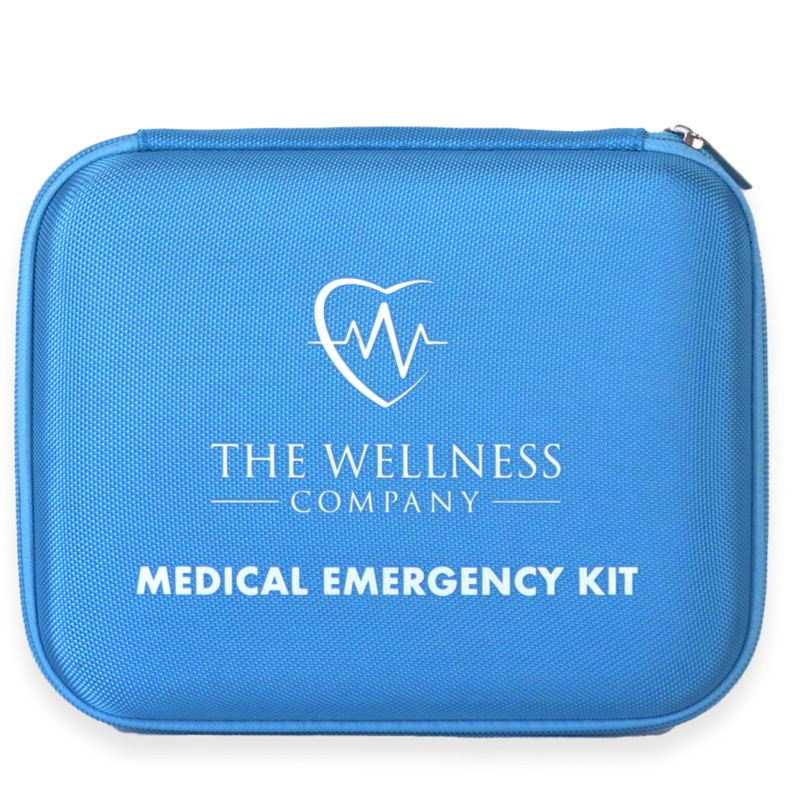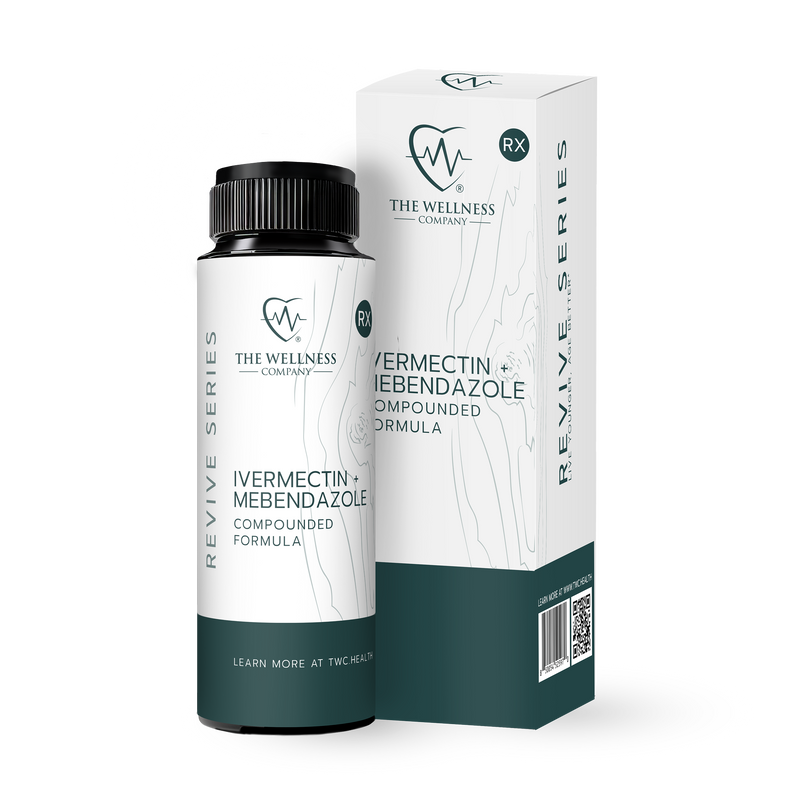The CDC Got It Wrong — Again

Last year’s flu season was the most severe in 15 years—the CDC had projected a mild outbreak, just like this season.
As we head into the 2025–2026 flu season, the CDC is once again projecting a mild outbreak—just as they did for the 2024–2025 season. But, as usual, they missed the mark. The CDC classified last year’s flu season as high severity, making it the most severe influenza season since 2017–2018. (1,2,3)
Additionally, the peak weekly hospitalization rate reached 13.5 per 100,000 in early February 2025—the highest weekly rate observed since the 2010–2011 season. (2)
Emerging Respiratory Virus Threats
Beyond traditional flu strains, several concerning respiratory viruses are gaining prominence in 2025. The CDC’s 2025–2026 respiratory disease season outlook suggests continued elevated activity across multiple viral pathogens:
- Human metapneumovirus (HMPV): Infections are particularly severe when combined with co-infections from other respiratory viruses such as RSV and influenza. HMPV affects young children, the elderly, and the immunocompromised, with symptoms similar to RSV, influenza, and SARS-CoV-2.
- Respiratory syncytial virus (RSV): Continues to circulate alongside these threats, while novel coronavirus variants remain a persistent concern. (4,5)
Be Proactive — Be Prepared
Stock your medicine cabinet before influenza and emerging viruses take hold.
Contagion Emergency Kit
This prescription-only kit contains:
- Budesonide (generic Pulmicort™) and a free nebulizer — critical for managing respiratory symptoms.
- Oseltamivir (generic Tamiflu™) — reduces the duration of influenza infection.
- Azithromycin (generic Z-Pak™) — targets respiratory infections, especially secondary pneumonia.
- Hydroxychloroquine and Ivermectin — for off-label use.
- Telehealth consultation
- Emergency guidebook
Strengthen Your Immune System Naturally
Optimize Key Nutrients
- Vitamin C: Can reduce the duration of colds.
- Vitamin D: Shows protective effects against respiratory illness.
- Zinc: May shorten colds when taken within 24 hours of symptom onset.
Prioritize Sleep and Rest
Your immune system strengthens and repairs itself during sleep. Aim for 7–9 hours of quality sleep each night.
Nutrient-Dense Diet
Focus on antioxidant-rich foods—berries, leafy greens, nuts, and colorful vegetables—to combat oxidative stress and support immune function. (6,7)
Practice Rigorous Hygiene
- Proper Handwashing: Wash hands immediately after entering your home. Use soap and water for at least 20 seconds or sanitizer with 60%+ alcohol.
- Cover Coughs and Sneezes: Cough or sneeze into your elbow or a tissue—never your hands.
- Avoid Touching Your Face: Hands pick up viruses throughout the day; touching eyes, nose, or mouth provides a direct entryway. (8)
Environmental and Lifestyle Strategies
- Improve Indoor Air Quality: Open windows for ventilation, use air purifiers, and clean HVAC filters regularly.
- Hydrate: Maintain mucous membranes in the respiratory tract to trap and flush out pathogens.
The 2025 flu season is a stark reminder: the CDC is consistently wrong in its predictions, and respiratory viruses remain a serious health threat. The best defense is a well-stocked medicine cabinet and an immune system fortified by consistent, healthy habits.
References
- CDC. (2025, September 24). Influenza Activity in the United States during the 2024–25 Season and Composition of the 2025–26 Influenza Vaccine. U.S. Centers for Disease Control and Prevention.
- Supports: Season classification as high severity, hospitalization rates (545,026), peak weekly rates, cumulative burden, and underlying epidemiology.
- CDC. (2025, June 2). Preliminary Estimated Flu Disease Burden 2024-2025 Flu Season. U.S. Centers for Disease Control and Prevention.
- CDC. (2025, August 25). 2025-2026 Respiratory Disease Season Outlook. U.S. Centers for Disease Control and Prevention.
- PubMed Central. (2025, August 19). Human Metapneumovirus: A Narrative Review on Emerging Clinical Challenges in 2025.
- CDC. (2025, September 28). Dietary Supplements for Immune Function and Infectious Diseases. National Institutes of Health Office of Dietary Supplements.
- CDC. (2025, August 13). Hygiene and Respiratory Viruses Prevention. U.S. Centers for Disease Control and Prevention.
- Mayo Clinic Health System. (2022, November 15). Immune-boosting nutrients fight flu.
Written by Brooke Lounsbury








